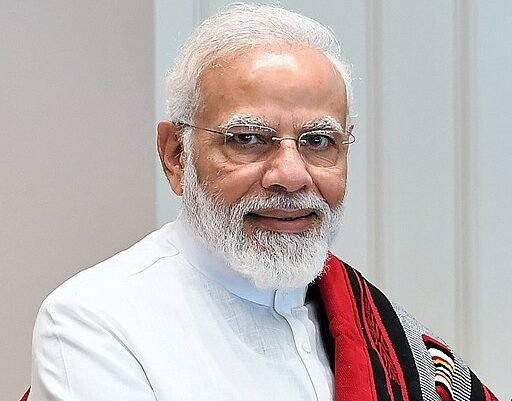Modi and Trump meet in Washington, tackling trade tensions, immigration issues, and energy deals
Indian Prime Minister Narendra Modi’s upcoming visit to Washington promises smiles and handshakes, but behind the warmth lies a tough diplomatic battle. President Donald Trump, known for his blunt negotiating style, is expected to press Modi hard on trade deficits, undocumented immigrants, and energy purchases, making this a high-stakes meeting for both leaders.
While Modi and Trump share a strong personal rapport—cemented through joint rallies and a shared focus on countering China—their discussions this week will have a transactional edge. The US-India trade deficit, standing at nearly $46 billion, remains a key concern for Trump. He is expected to demand further tariff reductions, though Modi might counter with a push for a broader economic partnership. With India increasingly open to trade agreements, this could lay the groundwork for a new bilateral deal—if both sides are willing to compromise.
The thorny issue of undocumented Indian immigrants in the US will also feature prominently. With an estimated 700,000 Indians living illegally in the country, Trump is likely to push for mass deportations. India has already taken back over 100 individuals in a bid to ease tensions, but further concessions could prove politically difficult for Modi. Recent reports of Indian deportees being shackled during transit have sparked outrage, forcing India’s Foreign Minister S. Jaishankar to publicly address the issue.
Embed from Getty ImagesEnergy trade will be another major talking point. India was once a top buyer of American oil, but its pivot to discounted Russian crude following the Ukraine war has rattled Washington. Trump is expected to push Modi to increase US oil imports, but price competitiveness will be a decisive factor. Meanwhile, Modi has his own energy agenda—seeking US investment in India’s nuclear energy sector as the country strives to meet its ambitious renewable energy goals.
Technology and defence cooperation will also take centre stage. The US-India Initiative on Critical and Emerging Technologies (iCET), launched during Biden’s presidency, has deepened collaboration in AI, quantum computing, and semiconductors. Modi will likely seek assurances from Trump’s administration that this momentum will continue. Additionally, India will push for the continuation of the H-1B visa programme, which has been crucial for its IT professionals. However, Trump’s allies have repeatedly criticised the scheme, viewing it as a threat to American jobs.
Beyond bilateral issues, global geopolitics will loom large. India’s involvement in Iran’s Chabahar port project could come under scrutiny as Trump ramps up his “maximum pressure” campaign on Tehran. Modi will seek clarity on whether sanctions waivers will remain intact, as any disruption to the project would complicate India’s connectivity plans in Central Asia.
The wars in Ukraine and Gaza will also be on the agenda. Modi’s stance on Ukraine—calling for peace without criticising Russia—mirrors Trump’s own position, potentially opening the door for diplomatic alignment. With India maintaining strong ties with both Russia and Israel, Trump may even explore Modi’s potential role as a mediator. However, Modi is unlikely to step into such a role unless all parties involved show genuine interest in third-party intervention.
Despite the tough negotiations ahead, both leaders will aim to project a positive image. The Indo-Pacific Quad—comprising the US, India, Japan, and Australia—offers common ground. Trump, a staunch supporter of the Quad, could receive an invitation from Modi to attend this year’s summit in India. While Trump isn’t fond of international travel, Delhi might be one of the few destinations he considers, given the strategic and personal significance of the relationship.
As Modi navigates these complex discussions, the meeting will test the strength of the US-India partnership. With both leaders prioritising their national interests, the outcome could reshape economic and geopolitical ties for years to come.
